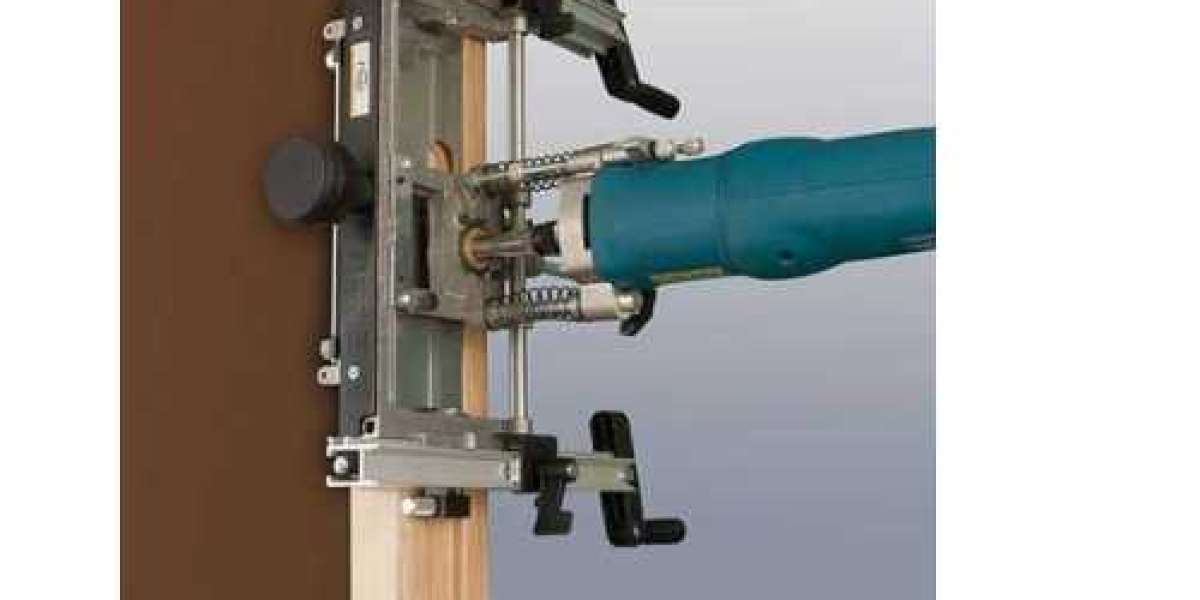Are you tired of living with constant knee pain that limits your mobility and freedom? Knee replacement surgery could be the solution you've been looking for to reclaim an active lifestyle. In this comprehensive guide, we will walk you through everything you need to know about knee replacement surgery – from signs that indicate it may be necessary to the post-surgery recovery process. Discover how this procedure can transform your life and where to find top-notch care at Heal Zone, the best multispecialty hospital in India for knee replacements. Let's dive in!
What is Knee Replacement Surgery?
Knee replacement surgery, also known as knee arthroplasty, is a procedure to replace damaged or diseased parts of the knee joint with artificial implants. It is typically recommended for individuals suffering from severe arthritis or injuries that cause chronic pain and limit mobility.
During the surgery, the damaged cartilage and bone are removed from the knee joint and replaced with metal or plastic components designed to mimic the natural movement of a healthy knee. This helps reduce pain, improve function, and restore range of motion in the affected knee.
There are different types of knee replacement surgeries available depending on the extent of damage and individual needs. Your orthopedic surgeon will recommend the most suitable option after assessing your condition thoroughly.
While recovery times may vary, many patients experience significant improvement in their quality of life following knee replacement surgery. It's essential to follow post-operative care instructions carefully to ensure a successful outcome.
Signs that You May Need Knee Replacement Surgery
Do you find yourself struggling to perform everyday activities that involve bending or kneeling? Do you experience persistent knee pain even at rest, limiting your mobility and independence? These could be signs that it's time to consider knee replacement surgery.
One common indicator is chronic knee pain that doesn't respond to conservative treatments like medications or physical therapy. Swelling and inflammation around the knee joint may also be a sign of underlying issues that require surgical intervention.
If you notice stiffness in your knees, making it difficult to fully straighten or bend them, it could indicate advanced joint damage. Additionally, if your knee feels unstable or gives out unexpectedly, it might signal the need for a more permanent solution like knee replacement surgery.
Ignoring these warning signs can lead to further deterioration of the joint and decreased quality of life. It's essential to consult with a healthcare professional to determine if knee replacement surgery is the right option for regaining mobility and freedom.
The Pre-Surgery Preparation Process
Preparing for knee replacement surgery is a crucial step towards a successful procedure and smooth recovery. Your healthcare team will guide you through the necessary pre-surgery preparations to ensure everything goes smoothly on the day of your operation.
One essential aspect of preparation is discussing your medical history and current medications with your surgeon. This information helps them tailor the surgery to your specific needs and reduce any potential risks during the procedure.
You may also undergo blood tests, imaging scans, and other diagnostic tests to assess your overall health before surgery. These tests provide valuable insights that help surgeons plan for a safe and effective operation.
In addition to medical evaluations, it's important to prepare your home environment for post-surgery recovery. This may involve making arrangements for assistance with daily activities, setting up mobility aids like crutches or a walker, and creating a comfortable space for rest and rehabilitation.
By following these preparatory steps diligently, you can set yourself up for a successful knee replacement surgery experience and pave the way towards regaining mobility and freedom in no time!
Types of Knee Replacement Surgeries
When it comes to knee replacement surgeries, there are different types available depending on the extent of damage and individual needs. The most common type is total knee replacement, where the entire joint is replaced with prosthetic components. This procedure is recommended for severe arthritis or significant injuries.
Partial knee replacement focuses on replacing only the damaged part of the knee joint, making it a less invasive option for patients with limited joint damage. It allows for quicker recovery and preserves more natural bone and tissue.
Revision knee replacement is performed if a previous knee implant fails or wears out over time. This surgery involves removing the old components and replacing them with new ones to restore function and alleviate pain.
Minimally invasive knee replacement techniques involve smaller incisions, resulting in less tissue trauma and faster recovery times compared to traditional methods. Discuss with your doctor which type of surgery suits your condition best for optimal results.
Post-Surgery Recovery and Rehabilitation
After knee replacement surgery, the road to recovery and rehabilitation is crucial for regaining mobility and independence. Your healthcare team will guide you through a customized rehabilitation plan tailored to your specific needs. Physical therapy will play a key role in strengthening the muscles around your new knee joint, improving flexibility, and restoring range of motion.
Initially, you may experience some discomfort and swelling post-surgery, but with proper pain management techniques and exercises, these symptoms should gradually improve. It's important to follow your surgeon's recommendations regarding activity levels and restrictions during the initial recovery period.
As you progress through rehabilitation, you'll notice gradual improvements in your ability to perform daily activities like walking, climbing stairs, and bending your knee. Consistency in attending physical therapy sessions and diligently practicing prescribed exercises at home are essential for a successful recovery.
Remember that everyone heals at their own pace; listen to your body's signals and communicate any concerns with your healthcare team promptly. Stay committed to the rehabilitation process - it's an investment in reclaiming your freedom of movement after knee replacement surgery.
Benefits and Risks of Knee Replacement Surgery
Knee replacement surgery offers a range of benefits for individuals experiencing chronic knee pain and limited mobility. One of the primary advantages is the significant reduction in pain, allowing patients to regain their quality of life and engage in activities they once enjoyed. Improved joint function is another key benefit, enabling better movement and flexibility.
However, like any surgical procedure, knee replacement surgery also comes with potential risks that need to be considered. These risks may include infection, blood clots, nerve damage, or allergic reactions to anesthesia. It's crucial for patients to discuss these risks with their healthcare provider and understand the precautions taken during surgery to minimize them.
Despite the potential risks involved, many individuals find that the benefits of knee replacement surgery outweigh the drawbacks. By weighing the pros and cons carefully and following post-operative care instructions diligently, patients can enhance their chances of a successful recovery.
Alternative Treatments for Knee Pain
If you're looking for alternative treatments to manage knee pain before considering surgery, there are several options worth exploring.
Physical therapy can help strengthen the muscles around your knees and improve flexibility, reducing discomfort. Acupuncture is another alternative that some find effective in alleviating knee pain by targeting specific pressure points.
Incorporating anti-inflammatory foods like turmeric, ginger, and omega-3 rich fish into your diet may also help reduce inflammation in the joints. Additionally, weight management plays a crucial role in relieving stress on your knees.
Alternative therapies such as chiropractic care or herbal supplements like glucosamine and chondroitin have been reported to provide relief for some individuals dealing with knee pain. Remember to consult with healthcare professionals before trying any new treatment approach to ensure it's safe for you.
Conclusion
Knee replacement surgery can be a life-changing procedure for those suffering from chronic knee pain and limited mobility. By choosing the right healthcare provider like Heal Zone, a leading multispecialty hospital in India known for its expertise in knee replacement surgeries, patients can regain their freedom and quality of life.
Remember that while knee replacement surgery comes with risks and challenges, the benefits often outweigh them. It's essential to consult with your healthcare provider to determine if this is the best course of action for you based on your individual needs and circumstances.
Whether you opt for traditional or minimally invasive knee replacement surgery, rehabilitation plays a crucial role in ensuring a successful outcome. With dedication to post-surgery recovery exercises and following medical advice diligently, you can look forward to getting back on your feet stronger than ever before.
If you're considering knee replacement surgery in India, trust Heal Zone to provide expert care every step of the way. Take charge of your health today and explore how this transformative procedure could help you reclaim your mobility and live life to the fullest again.


